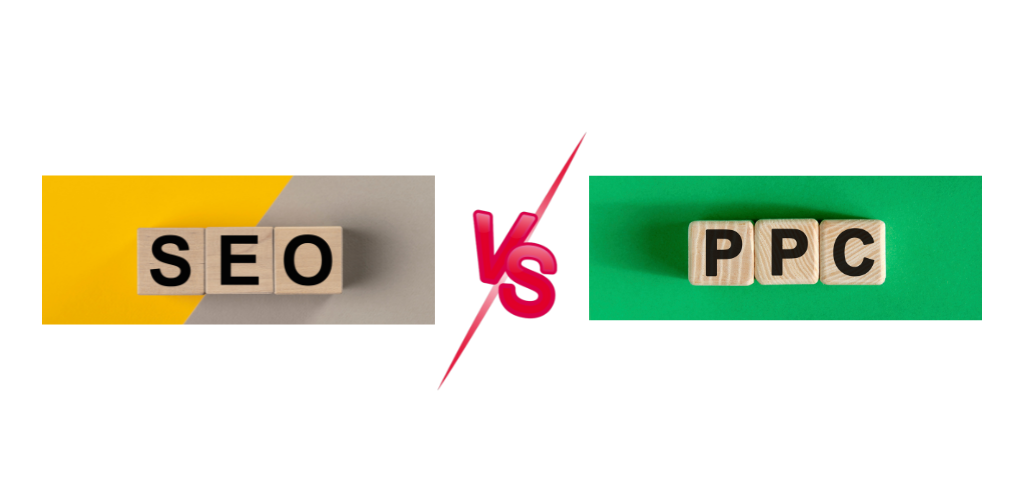SEO vs. PPC: Understanding the Key Differences and Anticipated Outcomes

If you’re new to the world of digital marketing, you might be wondering about the differences between SEO and PPC. Both strategies are designed to help you drive traffic to your website, but they operate in different ways and can produce different outcomes. In this blog post, we’ll explore the key differences between SEO and PPC, as well as the anticipated outcomes of each.
SEO: The Basics
Search engine optimization, or SEO, is a process designed to improve the visibility of your website in organic search engine results. This involves optimizing your website for keywords and phrases related to your business, as well as building high-quality backlinks from other websites. SEO is a long-term strategy that can take time to produce results, but it can be a powerful way to build organic traffic to your website over time.
PPC: The Basics
Pay-per-click, or PPC, advertising involves placing ads on search engine results pages (SERPs) or other websites. Advertisers bid on keywords and phrases related to their business, and their ads are displayed when users search for those terms. Advertisers only pay when a user clicks on their ad, making it a cost-effective way to drive targeted traffic to your website.
Key Differences between SEO and PPC
One of the most significant differences between SEO and PPC is the timeline for results. SEO is a long-term strategy that can take months or even years to produce results, while PPC can generate immediate results. Additionally, SEO is generally considered to be a more cost-effective strategy over the long-term, as it involves building organic traffic that can drive ongoing results without additional costs. PPC, on the other hand, requires ongoing investment to maintain results.
Another key difference between SEO and PPC is the level of control over targeting. With SEO, you have limited control over who sees your content, as it relies on search engine algorithms to determine rankings. With PPC, you have much more control over who sees your ads, as you can target specific keywords and demographics to ensure your ads are shown to the right audience.
Anticipated Outcomes of SEO
The anticipated outcomes of SEO include improved visibility in search engine results, increased organic traffic to your website, and improved brand awareness and credibility. SEO is a long-term strategy that can produce ongoing results over time, making it a valuable investment for businesses looking to build a strong online presence.
Anticipated Outcomes of PPC
The anticipated outcomes of PPC include immediate results, targeted traffic to your website, and increased conversions and sales. PPC is a valuable strategy for businesses looking to drive targeted traffic to their website and generate quick results.
In conclusion, both SEO and PPC are valuable strategies for driving traffic to your website and generating results. While SEO is a long-term strategy that requires ongoing investment, it can produce sustainable organic traffic over time. PPC, on the other hand, can generate immediate results but requires ongoing investment to maintain. By understanding the differences between these two strategies, you can make an informed decision about which approach is right for your business.

